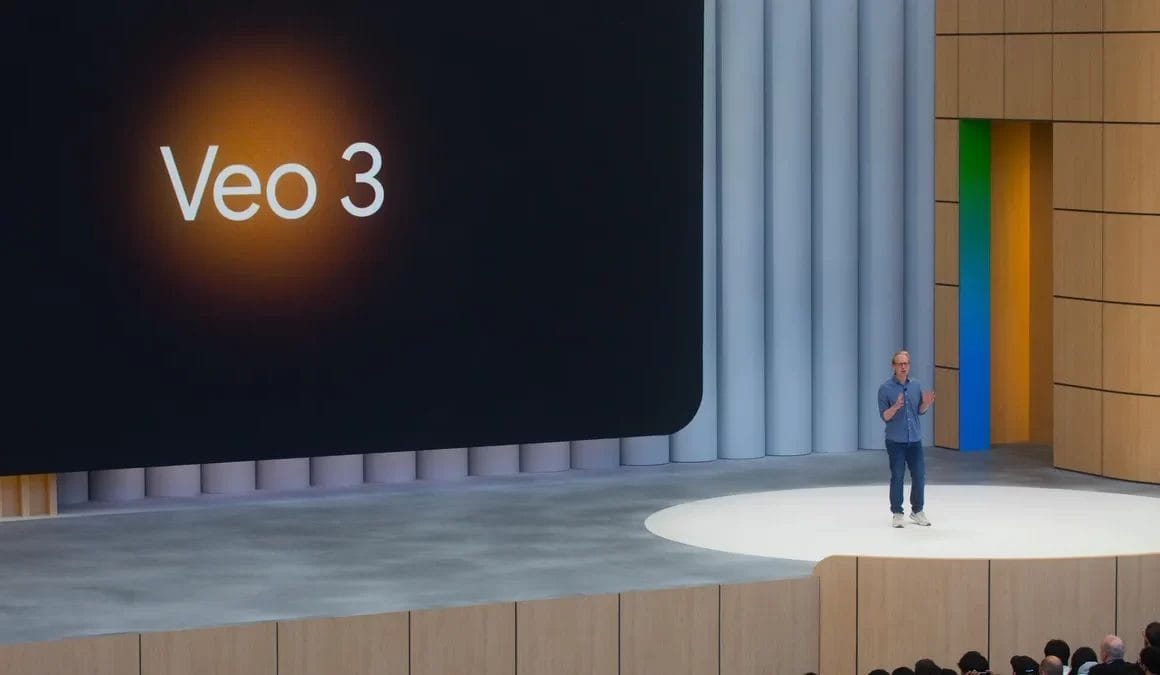Google has unveiled Veo 3, a major upgrade to its AI video generation technology that not only creates realistic visuals but also integrates audio, including character dialogue and natural sounds like animal noises. This positions Veo 3 as a serious competitor to OpenAI’s Sora, which currently lacks native audio generation.
The announcement was made during Google’s latest AI update on Tuesday, alongside the launch of Imagen 4 for improved image generation and Flow, a cinematic filmmaking tool.
Audio + Video: A New Frontier in AI Content Creation
According to Eli Collins, VP of Product at Google DeepMind, Veo 3 delivers advanced features including accurate lip syncing, real-world physics, and generation based on both text and image prompts. These enhancements reflect Google’s efforts to push the boundaries of generative AI beyond visuals into more immersive experiences.
Available to Ultra Subscribers and Enterprise Users
Veo 3 is now accessible to U.S.-based subscribers under Google’s newly launched Ultra plan, priced at $249.99 per month. This premium plan targets advanced users and AI enthusiasts. Enterprise users can also access Veo 3 via Google’s Vertex AI platform, which is designed for scalable business applications.
Imagen 4 and Flow Join the Lineup
In addition to Veo 3, Google introduced Imagen 4, an upgrade to its image generator with a focus on prompt-based high-fidelity image creation. It comes after last year’s controversy around historically inaccurate results from Imagen 3, which Google addressed with a relaunch and internal review.
The company also launched Flow, a tool that enables creators to generate cinematic-style videos by describing scenes, shot angles, and stylistic elements. Flow integrates with various Google tools including Gemini, Whisk, Workspace, and Vertex AI, streamlining the process for both individual creators and teams.
Video AI Gets Competitive
The rollout of Veo 3 reflects growing interest in generative video and multimedia AI. OpenAI’s CEO Sam Altman recently commented that high demand for ChatGPT 4o’s image generator had overwhelmed system capacity. Google’s integrated audio features in Veo 3 give it a potential edge in this rapidly evolving space.
Google has also updated Veo 2 to allow users to add or remove video objects via text prompts, and has expanded Lyria 2, its AI music generator, to more users through YouTube Shorts and Vertex AI.
With Google Veo 3 AI video generator, the company is making its boldest move yet in the race for multimedia dominance in the AI space. The inclusion of audio, deep physics modeling, and rich integration options could set a new standard for what generative video platforms can offer.






